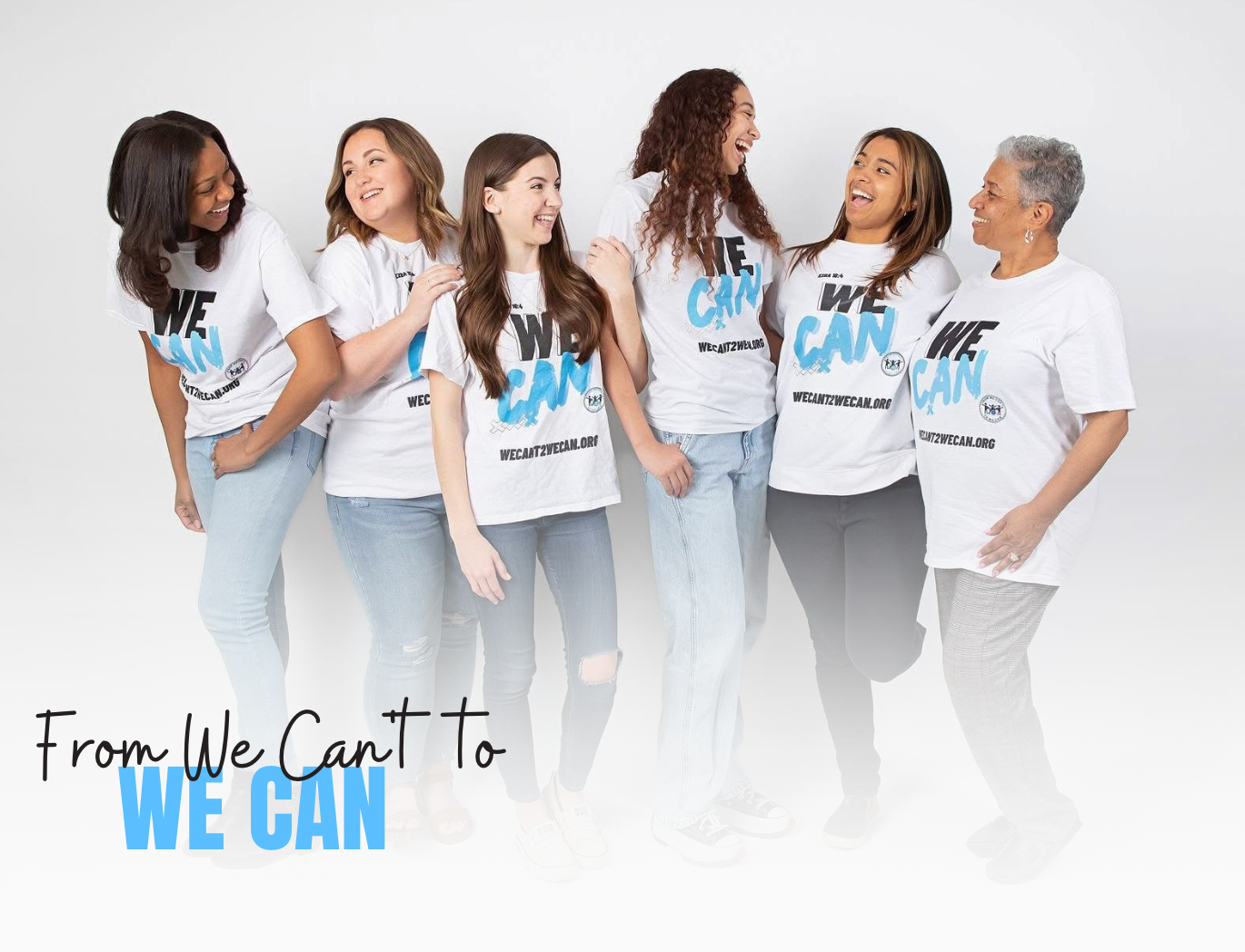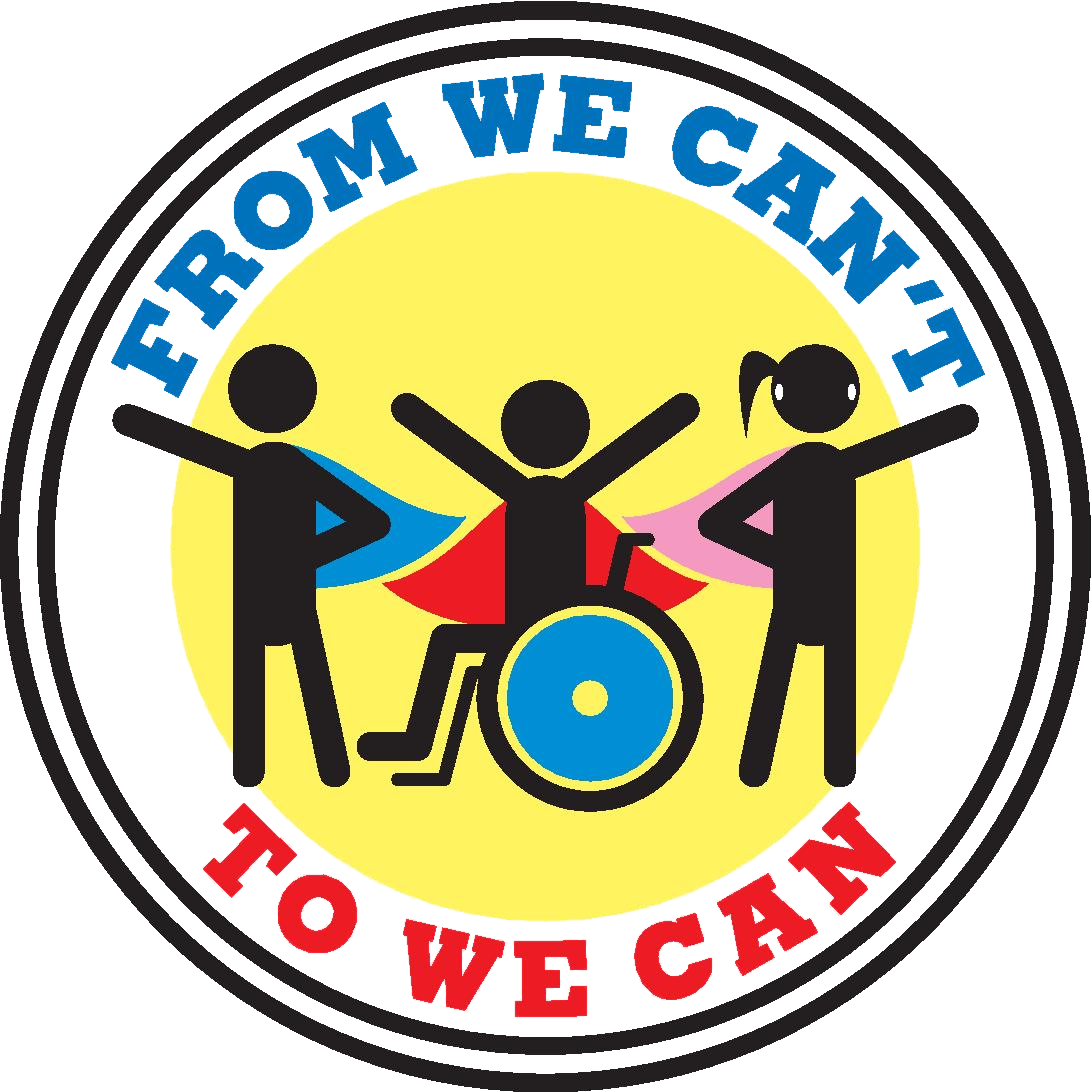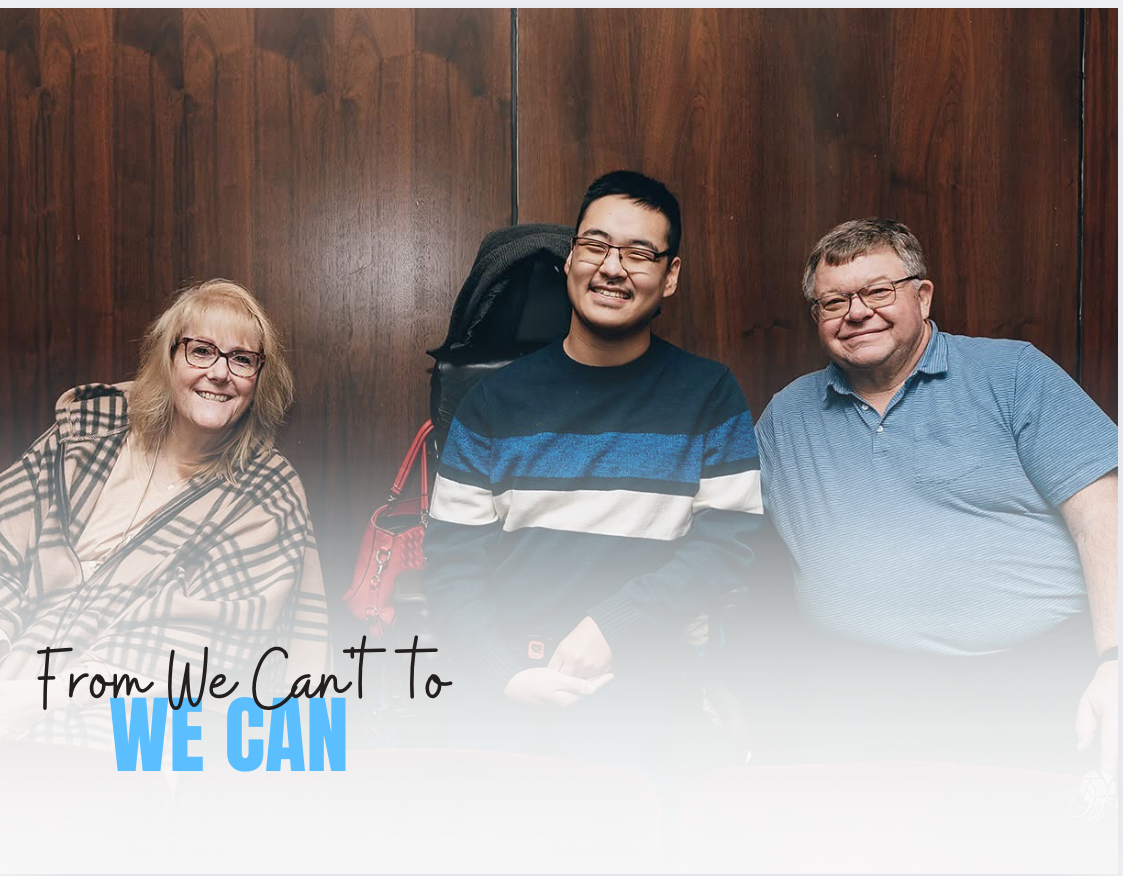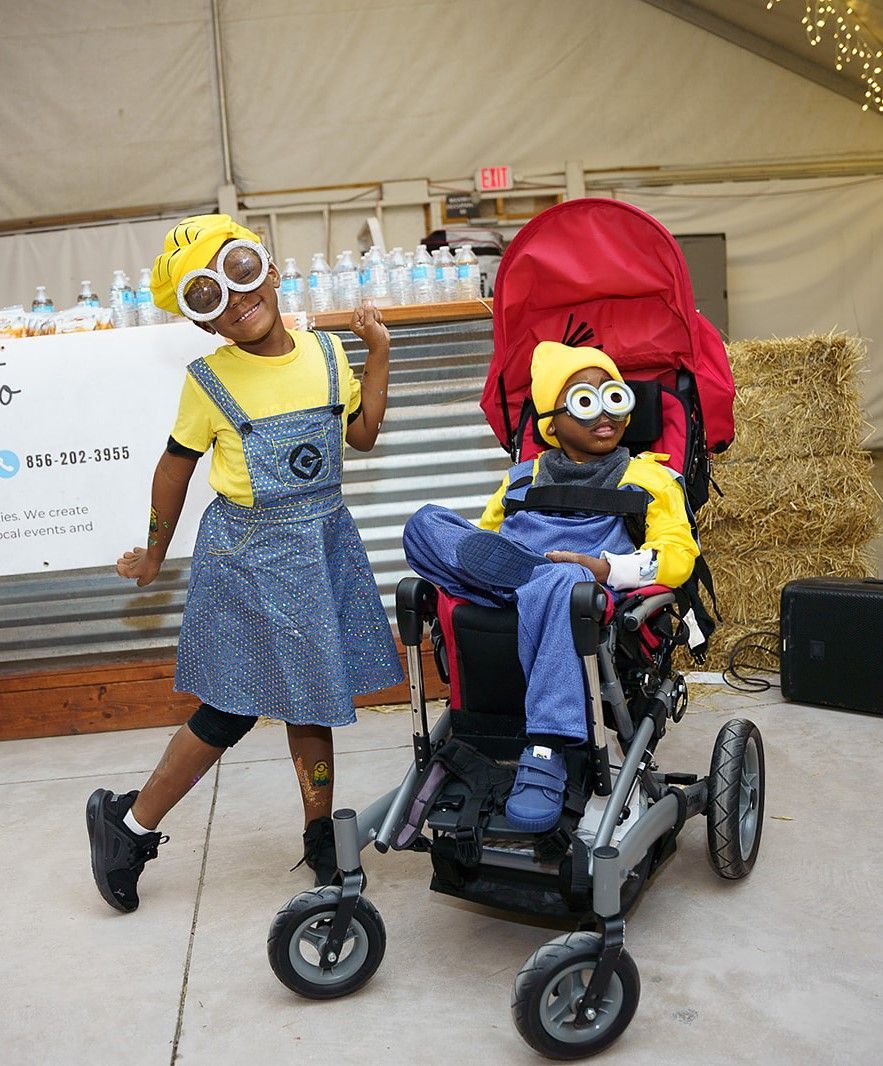Empowering Women Changemakers

In 1987, following persistent advocacy from the National Women’s History Project, Congress took a historic step by officially designating March as Women’s History Month. This milestone, established through Pub. L. 100-9, marked the beginning of an annual tradition. Between 1988 and 1994, Congress passed additional resolutions urging the President to proclaim March as a time to honor the vital contributions of women throughout history.
This month, we celebrate the incredible achievements of women worldwide—those who have pushed boundaries, defied the odds, and sparked positive change. From pioneering activists to everyday heroes, these women continue to inspire future generations with confidence, creativity, and unwavering determination.
Although she was not disabled herself, Eunice Kennedy Shriver became a tireless advocate for the inclusion of individuals with intellectual disabilities in society. She believed they deserved dignity, respect, and the opportunity to showcase their talents. Inspired by her older sister, Rosemary, who had an intellectual disability, Eunice recognized the unifying power of sports. She championed the idea that, given an equal playing field, individuals with disabilities could achieve the extraordinary.
In 1962, she brought that vision to life by hosting a summer day camp in her backyard—Camp Shriver—which nurtured the athletic abilities of young people with intellectual disabilities while fostering skill development and community impact. What began as a single initiative soon gained momentum, leading to the inaugural International Special Olympics Games in July 1968 in Chicago, Illinois.
At the Opening Ceremony, Eunice declared that the Special Olympics proved “a very fundamental fact”—that children with intellectual disabilities could be exceptional athletes and that “through sports, they can realize their potential for growth.” She pledged that this new organization would provide individuals with intellectual disabilities “the chance to play, the chance to compete, and the chance to grow.”
Since 2017, Tammy Duckworth has served as the junior U.S. Senator from Illinois, breaking barriers with a series of historic firsts. She was the first female helicopter pilot to lead a combat mission, the first double amputee of the Iraq War, the first Thai-American woman elected to Congress, the first woman with a disability to serve in Congress, and the first senator to give birth while in office. Through her groundbreaking achievements, Duckworth continues to advocate for veterans, disability rights, and underrepresented communities.
Judith Heumann is best known for her relentless efforts to advance disability justice. At just two years old, she contracted polio, which left her unable to walk and reliant on a wheelchair. Throughout her life, she faced stigma and discrimination—when she was five, she was denied access to school because officials feared that, since she could not walk, she could not be evacuated in the event of a fire. Years later, after earning a degree in education, she once again encountered discrimination when she was denied a teaching license. Officials doubted her ability to evacuate students during an emergency.
Determined to fight for her rights, Heumann took legal action against the Board of Education and won, becoming the first wheelchair user to teach in New York City. During college, she actively organized protests advocating disability rights, fueling her lifelong commitment to activism.
In 1977, she led the historic Section 504 Sit-In in San Francisco, a pivotal moment in the disability rights movement. She later co-founded the World Institute on Disability and became the first Special Advisor for International Disability Rights at the U.S. State Department, championing the rights of people with disabilities worldwide. She also co-authored her memoir, Being Heumann, along with its young adult adaptation, Rolling Warrior.
Her formative years, from ages nine to eighteen, were spent at Camp Jened, a summer camp in Hunter, New York, for people with physical disabilities. This transformative experience is chronicled in the Oscar-nominated documentary Crip Camp: A Disability Revolution, which highlights the emergence of a powerful disability rights movement in the United States.
Representation matters. When young people with disabilities see role models who reflect their experiences, they are empowered to dream big. Just as my passion for writing drives me to create change, Trinity founded this nonprofit to address a critical gap in support services. From We Can’t to We Can is proudly women-owned, with an executive board that has consistently been female-dominated.
As we celebrate Women’s History Month, let us honor not only women with disabilities but also the fearless advocates who have shaped history and continue to redefine the future. Their stories remind us that strength, determination, and brilliance know no bounds. Together, we can create a world where every woman, regardless of ability, has the opportunity to shine.
Join us in celebrating these remarkable women by sharing their stories and supporting initiatives that promote inclusion and equality. Visit our website to learn how you can get involved.
You may want to read more of our blog...
We Can Blog











